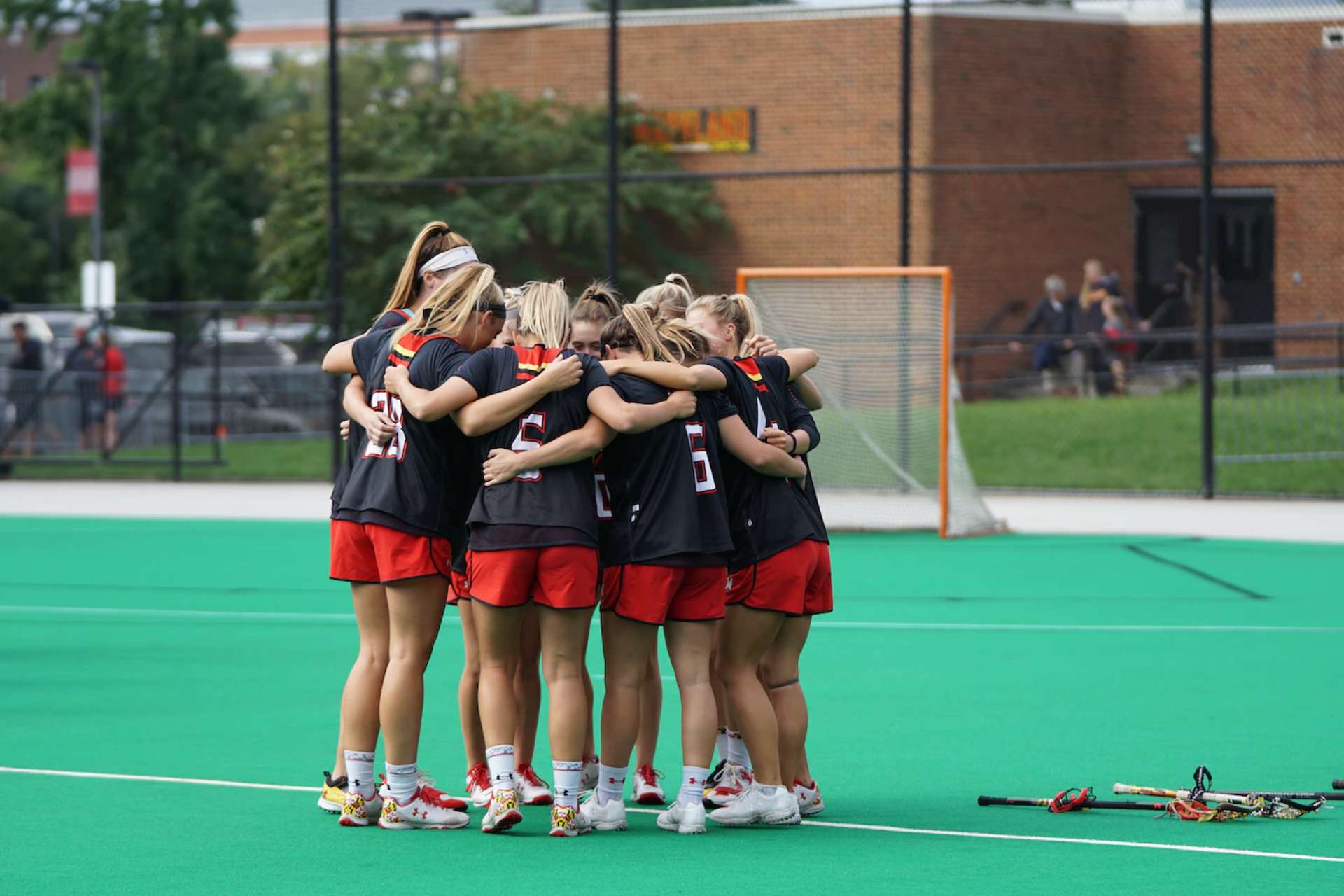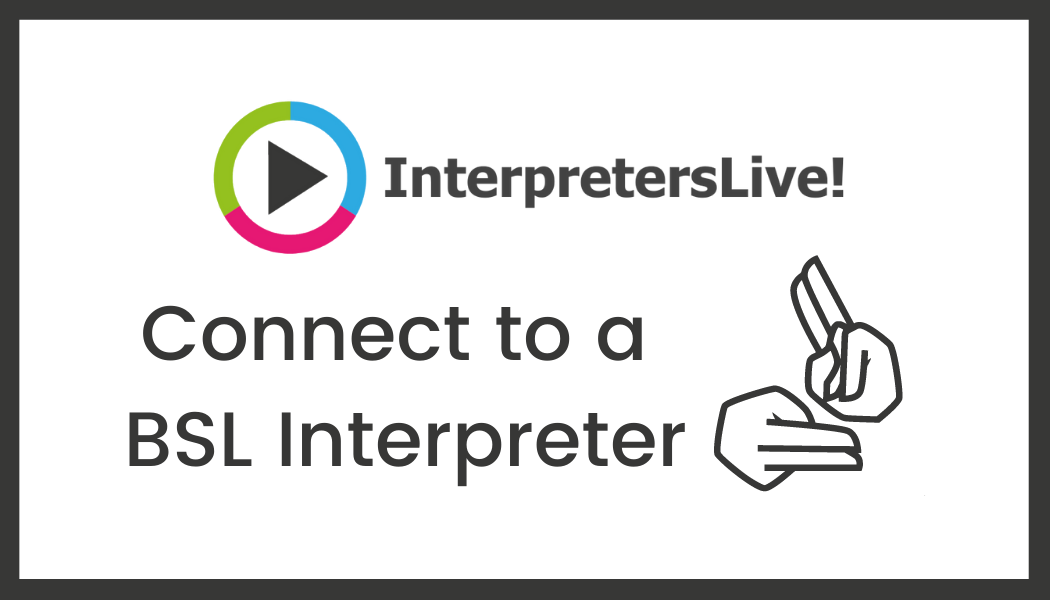
Research and studies continue to prove that diverse leadership teams deliver significant value to organisations across all sectors.
Data from the 2019 McKinsey report, Diversity Wins: Why Inclusion Matters, revealed that companies in the top quartile for gender diversity on executive teams were 25% more likely to have above-average profits. When it came to ethnic and cultural diversity, the report found the top-quartile for diversity outperformed those in the fourth by 36% in profitability.
When it comes to sports, the advantages of diverse leaders stretch even further. Not only can diversity help to deliver the highest standards of good governance and drive effective and inclusive decision-making, but with inspiration and aspiration at the heart of sport, it can go a long way in attracting more young people to enter the profession and reach the top.
Despite the many benefits that diverse leadership teams can bring to sports organisations and the communities they serve, change has been slow. A 2019 Diversity in Sport Governance report found that while women accounted for 40% of board members across Sport England and UK funded bodies, just 5.2% identified themselves as ethnically diverse, and only 5% considered themselves to have a disability, compared to around 13% and 22% of the wider UK population, respectively.
For many, the appetite to become more diverse is there, but the knowledge of how to do it is lacking. Becoming a truly diverse organisation involves strategic planning, changing policies and an ongoing commitment from everyone within the organisation. Here are some of the steps that can be taken to start the journey towards true diversity and inclusion at senior level.
Set Targets
Whether you seek out industry targets or set your own, setting clear objectives of what you want to achieve and when is an effective way to measure progress and hold yourself accountable. Such goals can be even more effective if you’re happy to share and report on them publicly.
In October 2020, the FA launched its Leadership Diversity Code, which aims to tackle inequality across senior leadership positions, broader team operations and coaching roles. More than 40 clubs signed up to the code, which outlines that when it comes to senior leadership and team operation roles:
- 15% of new hires will be Black, Asian or of Mixed-Heritage (or a target set by the club based on local demographics)
- 30% of new hires will be female.
Review Training & Development
For organisations with a diverse mix of employees but none in top positions, it’s worth looking at what training & development or mentoring opportunities you provide. In an era of industry-wide talent shortages, more and more employers are turning their attention to developing existing employees and carving out clear pathways that enable them to progress through an organisation.
Look at the journey of a diverse employee. How long do they stay with your business? At what point do they exit? This will help you to identify areas of focus for training and development.
Equipping members of your team with the knowledge and tools they need to move upwards will help you build an internal pipeline of diverse talent that’s ready to fill available senior positions.
Analyse your language
It can be challenging to remain objective when looking at how you communicate with candidates and the benefits you offer. Ask someone unconnected to your organisation, like a talent acquisition partner, to provide feedback on how you can appeal to more diverse candidates. It’s a simple equation: The more neutral the language, the more people you will appeal to.
For example, you may be inadvertently using male-centric language. The Gender Decoder is a free online tool inspired by the 2011 research paper, Evidence That Gendered Wording in Job Advertisements Exists and Sustains Gender Inequality. It provides a quick way to check whether a job advert has the kind of subtle linguistic gender-coding that can discourage female applicants.
Taking it a step further, level= utilises the latest AI to remove any and all language bias in job adverts and careers websites.
Review screening and assessment methods
Candidate selection needs to be as fair as possible. This means less ‘gut feel’ recruitment and more scientific measurement of a candidate’s skills, capabilities, knowledge and traits. There are a number of ways this can be achieved. Psychometric testing is perhaps the most well-known way to test for skills, knowledge and personality.
As well as blind resume screening and shortlisting, level= prioritises data-driven testing and profiling solutions that identify skills and cultural fit. We also support sports organisations through designing bespoke competency-based interviews that remove implicit bias and test against workplace scenarios.
Grow your talent network
To consistently meet your diversity targets, you need to ensure access to a readily available pool of diverse leaders. There are several ways that sports organisations can do this, from hosting your own leadership events to partnering with a talent acquisition specialist who can tap into diverse talent on your behalf.
At level=, it’s our mission to help every sports organisation, regardless of size or scope, bring diversity and inclusion to their leadership and broader teams. Whether you’re building greater equity within your organisation or looking to take the next step in your career in sport, our team is committed to working with you to offer the skills, services and access to a globally diverse and level field of possibility.
Connect with us on 020 8392 9959 or email hello@levelequals.com.




